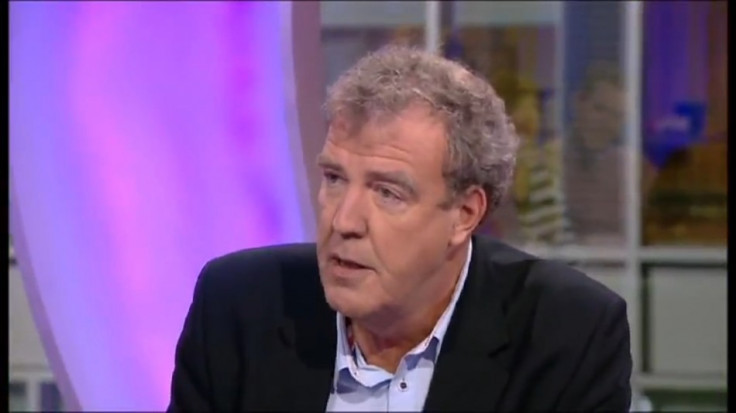Jeremy Clarkson Earns BBC 21,000 Complaints: Is Twitter to Blame?

Jeremy Clarkson has apologised for his comments made on the One Show about executing public workers who took strike action, but would the BBC have received over 21,000 complaints if we didn't have Twitter?
Moments after Clarkson uttered the now infamous words Twitter was awash with complaints and complements alike. His name became a worldwide trending topic and remained there for most of Wednesday night as Twitter users frantically asked each other what had happened.
And that's the problem with Twitter.
This isn't the place for me to defend what Clarkson said, but yet again this is a case of viewers being exposed to an issue first hand, then broadcasting it to many, many more. This second line of people then search out what was deemed so offending, watch it, and then also become offended.
Actively seeking out material that you know to be offensive and then complaining is a bit like being told not to touch wet paint and then doing it anyway just to make sure.
Now thousands of Twitter users have metaphorical paint on their hands as a result of their own curiosity.
A day after Clarkson made his joke a guest on Channel 4 news accused the Top Gear presenter of inciting gun crime and feared that children who saw the show would go to bed worried that their striking parents would be executed.
It would seem that common sense need no longer apply before hatred is dished out to someone who clearly didn't mean what they said. Surely we all know that whatever Clarkson says should be taken with a boatload of salt?
The same thing happened when Russell Brand and Jonathan Ross left offensive messages on Andrew Sachs' answer phone during the recording of a BBC radio show in 2008. Initially, only a handful of listeners formally complained to the Beeb. But then, a full week later, the incident was reported on by the Mail on Sunday and the complaints came rolling in, eventually totally more than 27,000.
There needs to be a cut-off. We shouldn't all be allowed to complain that something has offended us when we didn't even see or hear it first-hand. If you've actively searched for something that you know to be offensive, then surely it's your responsibility as to whether you watch it or not?
My Twitter feed on Wednesday night was full of people complaining, but also asking why Clarkson was trending and what he said. These people then complained.
Twitter lets us spread news at incredible speed and gives us all a huge global reach, but this isn't always a positive and we should perhaps take a step back and work out why incidents like this spread as quickly as they do.
News of the London riots back in August spread like wildfire across Twitter, with many inaccuracies and completely incorrect statements. My personal favourite was a claim that London Zoo had been breached and a lion was roaming the city streets.
Nobody stopped to check the facts, and yet a quick Google search revealed the image to come from an Italian news story from months previous.
By all means, if something broadcast on television genuinely offends you then you have the right to complain, but if you hear about it an hour, day or week later, watch it, and then still feel the need to complain then your complaint should not be taken seriously.
© Copyright IBTimes 2024. All rights reserved.




















